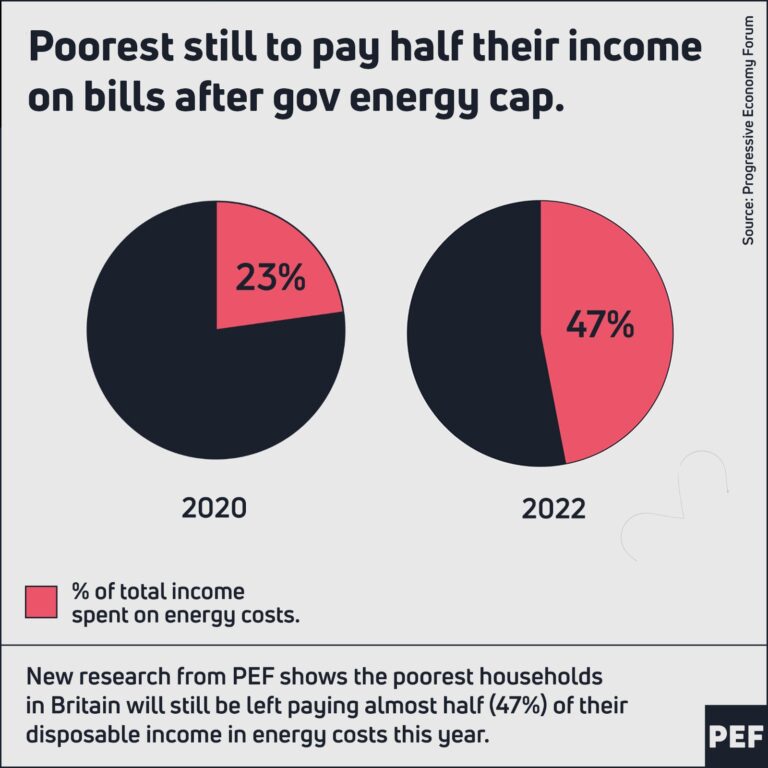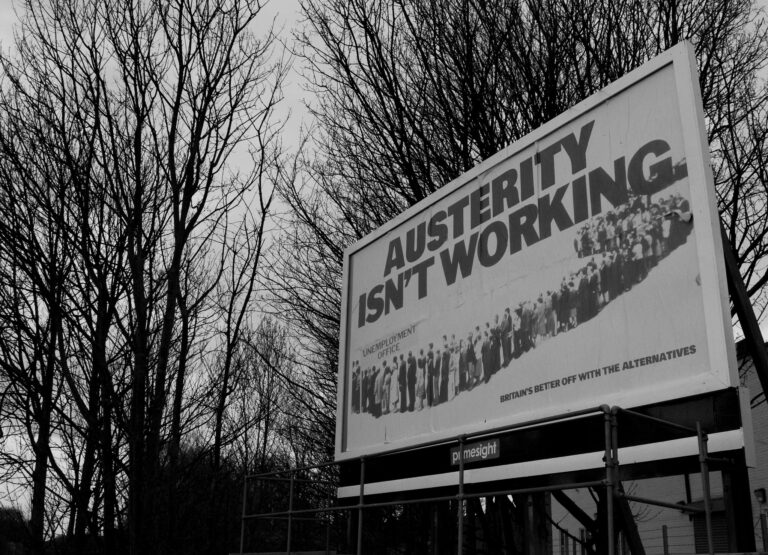After 40 years of neoliberalism, even governments believe that they are inefficient when compared to the private sector. And economics, in its swing to the right, reinforces this view. The philosophy behind public expenditure for social purposes and the criteria for judging such projects has not been a subject for public debate until recently. In particular, industrial policy was very simple: leave it to the private sector to allocate resources as the market prompts. In Keynes’s time this was not the case.
This article reviews some of the issues concerning industrial policy that were aired in the interwar period. The debate needs to be revived, revisited and, where appropriate, revised to suit the present day, but on basic principles there is much to learn from the interwar discussions. The contrast between the recent (2018) UK government’s White Paper on Industrial Strategy and the Liberal Industrial Inquiry’s Britain’s Industrial Future (1928) is quite instructive.
Read Professor Victoria Chick’s article on industrial policy for Real-World Economics Review here.
We would like to thank Edward Fullbrook, Founder and Editor of the Real-World Economics Review, for allowing us to repost this piece.
Photo credit: Flickr/Mia Battaglia.








